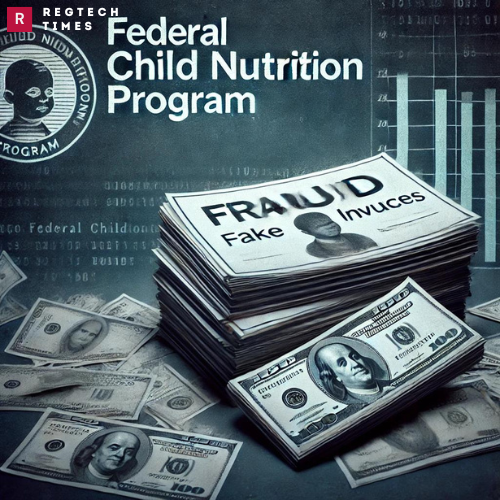In a striking example of exploitation of federal resources, Kawsar Jama, a 42-year-old resident of Eagan, Minnesota, has pleaded guilty to participating in a fraudulent scheme that misappropriated over $250 million from a federal child nutrition program. The scheme unfolded during the COVID-19 pandemic, a time when many families relied heavily on government support to ensure their children received adequate nutrition.
Background of the Fraud Scheme Involving Kawsar Jama
Kawsar Jama served as the principal of Gedo Community Services and Ahlan Childcare Center, Inc., two entities that enrolled in the Federal Child Nutrition Program. This program, designed to provide meals to children in low-income families, became a target for fraudsters seeking to exploit the urgent need for food assistance during the pandemic. Through her connections with organizations like Feeding Our Future and Sponsor A, Jama operated multiple feeding sites across Minnesota, including locations in Pelican Rapids, Burnsville, and Minneapolis.
Misrepresentation and Deception
Court documents reveal that Kawsar Jama’s fraudulent activities included submitting false claims for meal reimbursements based on fabricated data. One notable example involved her Pelican Rapids site, which allegedly claimed to have served more than 233,000 meals to children in just a few months, between September 2021 and December 2021. To support her claims, Jama utilized false food invoices provided by her main vendor, Haji Osman Salad, through his business, Haji’s Kitchen. These misleading documents were instrumental in convincing authorities of the legitimacy of her claims, thereby enabling her to siphon funds from the program.
The scale of the deception is particularly alarming. Between June 2020 and 2022, Kawsar Jama submitted a staggering $4.5 million in fraudulent claims. Investigators revealed that a portion of this ill-gotten gain was spent on personal luxuries, including real estate and high-end vehicles, notably a Tesla Model X. Such expenditures raise serious ethical questions regarding the misuse of public funds intended for the welfare of vulnerable populations.
Legal Proceedings and Investigative Efforts
Kawsar Jama pleaded guilty to one count of wire fraud in U.S. District Court before Judge Nancy E. Brasel. The guilty plea marks a significant step in the legal process, but the sentencing hearing has yet to be scheduled. Given the magnitude of the fraud, Jama could face severe penalties, including substantial fines and potential imprisonment.
Robert Reger and David Lytle: Sentenced for Exploiting Consumer Data in Fraud Schemes
This case is the culmination of a thorough investigation conducted by federal agencies, including the FBI, IRS Criminal Investigations, and the U.S. Postal Inspection Service. The collaborative effort highlights the commitment of law enforcement to combat fraud, especially against programs aimed at helping children and families in need. The investigation revealed not only the extent of Kawsar Jama’s fraudulent claims but also highlighted vulnerabilities within the system that allowed such deception to occur.
The Impact of the Fraud
The repercussions of Kawsar Jama’s actions extend beyond her personal gain. The fraudulent claims diverted essential resources away from the children and families who genuinely needed support during an unprecedented public health crisis. Programs like the Federal Child Nutrition Program play a critical role in ensuring that children from low-income households receive nutritious meals. The exploitation of these programs diminishes public trust and raises questions about the integrity of federally funded initiatives.
The guilty plea of Kawsar Jama is a reminder of the challenges faced by federal assistance programs, particularly during times of crisis. While Jama’s case represents just one instance of fraud, it serves as a wake-up call for policymakers and program administrators to implement stricter oversight and accountability measures. Ensuring that resources are directed to those who truly need them is paramount in building a resilient safety net for vulnerable populations.
As the legal proceedings unfold, this case will likely encourage further scrutiny of similar programs and prompt discussions on how to enhance safeguards against fraud. The federal government must take a proactive approach to protect against exploitation and ensure that vital support reaches the children and families who depend on it.


